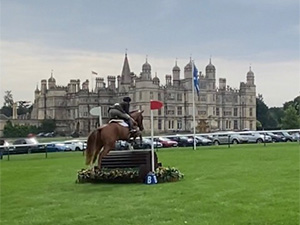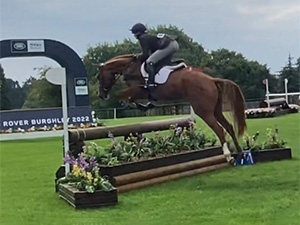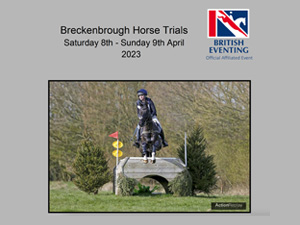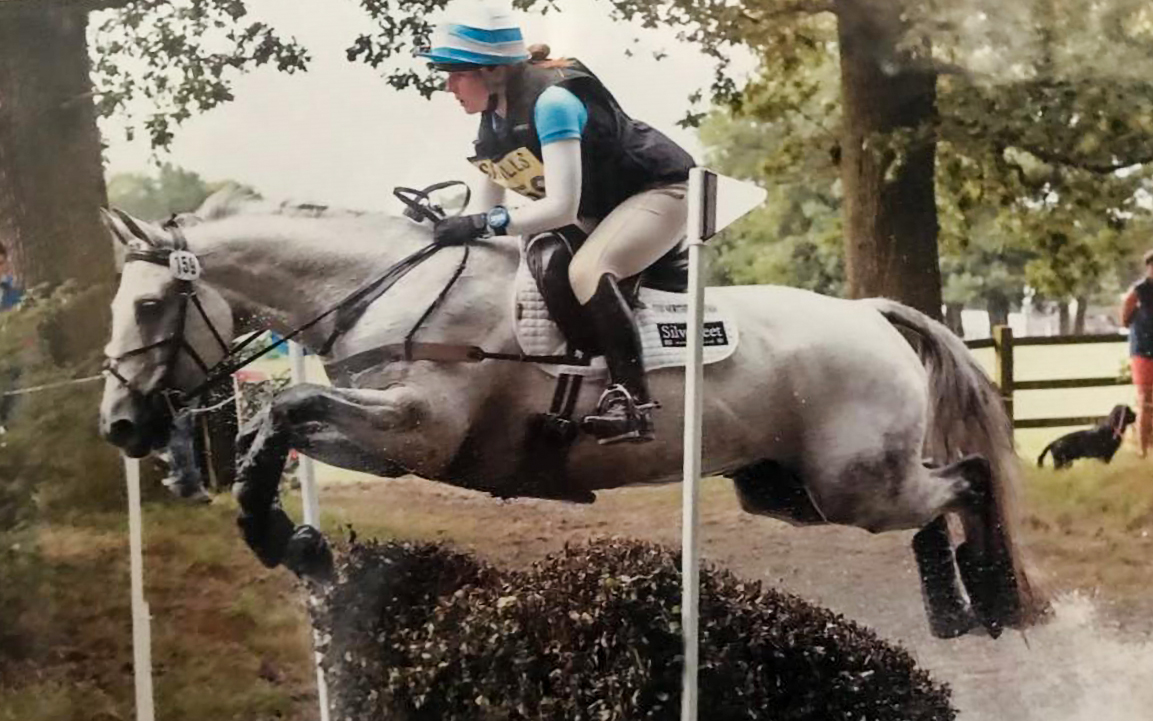Welcome to Helen Bell Equestrian
Helen Bell British Eventing Accredited Riding Coach and Centre10 Advanced Coach is based at the home of British Eventing Breckenbrough Horse Trials in North Yorkshire.
Helen is an established name in Eventing having been an International rider herself. She regularly competed at Badminton and Burghley with top ten placings at both events. Drawing on her many years of experience Helen now specialises in Coaching all levels of riders and producing Event horses and ponies . In addition, Helen has sourced, bought, produced and sold on many successful Event horses, Show Jumpers, Hunters, all-rounders, FEI ponies and Pony Club ponies abroad and at home.
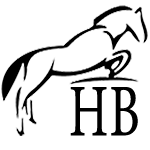
Latest News
My Turn Ramiro (Reggie) has started the season really well. 5th Breckenbrough 100cm and 3rd Kelsall Hill Novice He’s next out at Richmond and then Floors Castle getting experience at… enter on https://horsevents.co.uk/events/42715/breckenbrough-20-20nrc-20brigante-20cup-20qualifier-20unaffiliated-20ode 80cm 90cm 100cm classes Saturday 8th – Sunday 9th April 2023 Tom & Helen Bell and the team look forward to welcoming you to Breckenbrough this coming weekend. To find out all the important…2023 – Homebred Success
Brigante Cup Qualifier 14th May
Programme – Breckenbrough BE 2023
Stay Connected
Join Helen’s email list to receive the latest articles directly in your inbox
